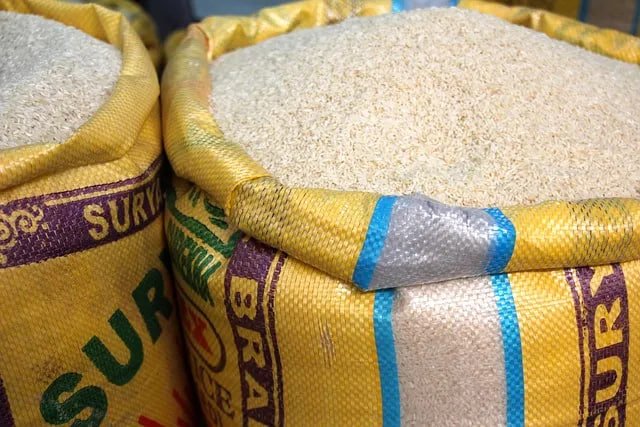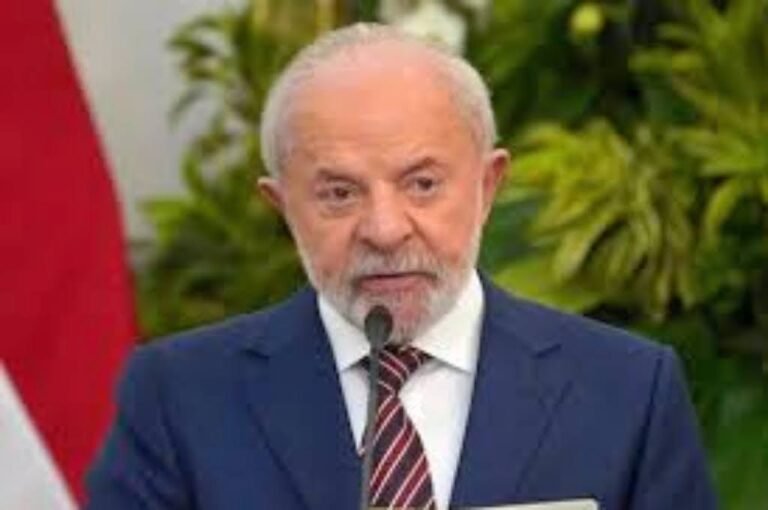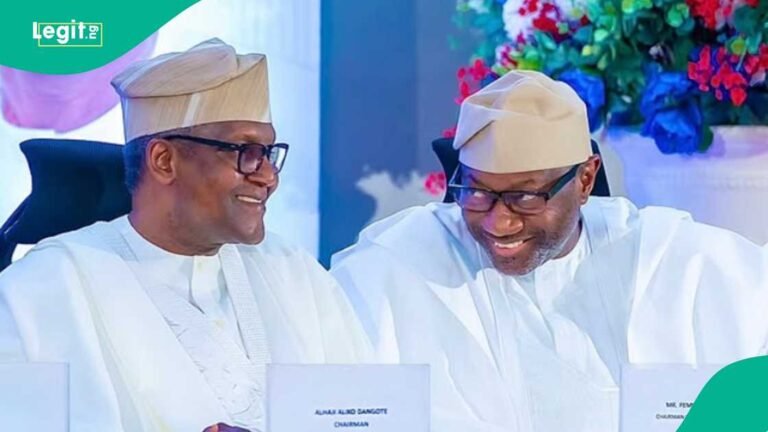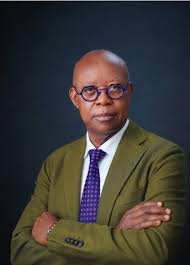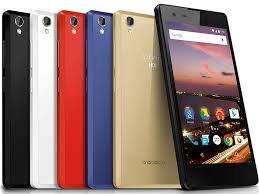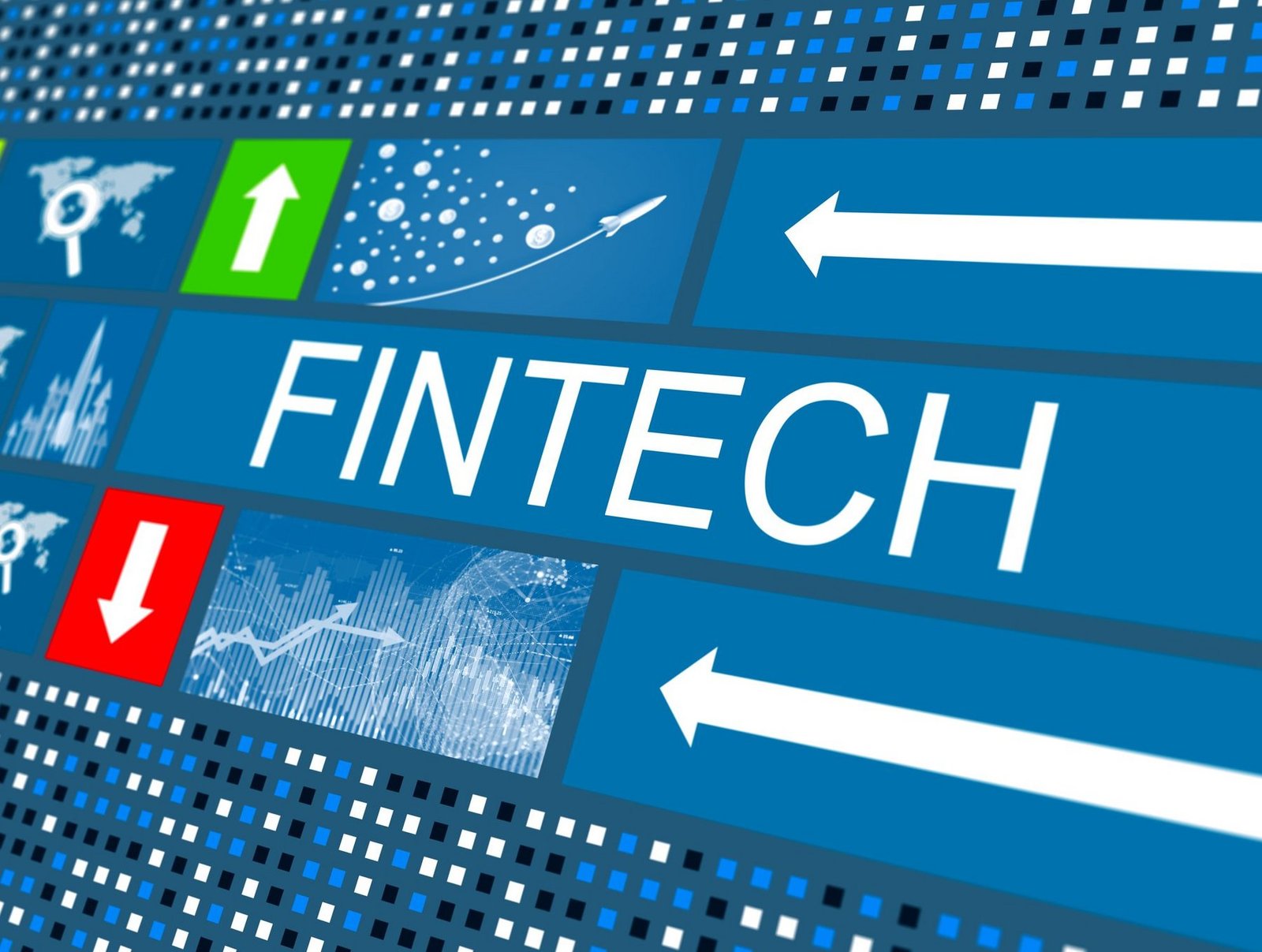Starting today, June 18, 2025, Nigerian telecom subscribers will face direct charges for Unstructured Supplementary Service Data (USSD) services from major mobile network operators, including MTN Nigeria, Airtel, Glo, and 9Mobile. This shift, mandated by the Nigerian Communications Commission (NCC) in collaboration with the Central Bank of Nigeria (CBN), introduces a new End-User Billing (EUB) model to streamline USSD transactions.
The EUB model allows telecom operators to deduct N6.98 per 120-second USSD session directly from subscribers’ airtime balances. To ensure transparency, customers will receive an opt-in prompt to approve charges before deductions, with billing applied only for successful sessions.
This change addresses longstanding disputes between telecom operators and banks over unpaid USSD charges, which previously disrupted services and created uncertainty for users. The NCC’s 2025 pricing determination aims to resolve these issues, ensuring uninterrupted access to critical financial services for Nigeria’s unbanked and underbanked populations.
Also Read:
- Telecom sector grapples with controversy over proposed 50% tariff hike
- Telecom Tariffs: "We have Incurred over N900 billion in Forex losses" - MTN CFO, Mr. Modupe Kadri
- Telecom Tariffs: Subscribers Set to Challenge Tariff Hike in Crucial Meeting with NCC Today
- NLC Rejects 50% Telecom Tariff Hike, Demands Reversal
The previous corporate billing model, where banks paid telecoms for USSD services, led to a N250 billion debt crisis, prompting threats of service withdrawal by telcos. In December 2024, the CBN and NCC intervened, directing mobile network operators and Deposit Money Banks (DMBs) to settle these debts.
On January 15, 2025, the NCC escalated measures, ordering telcos to disconnect USSD codes for nine banks with outstanding debts by January 27. MTN Nigeria later confirmed receiving N32 billion of the N72 billion owed by banks, marking partial progress in resolving the financial standoff.
Under the new EUB framework, only banks meeting stringent regulatory and operational criteria can migrate to the direct billing system. This ensures a stable and equitable transition for all stakeholders, particularly end-users who rely on USSD for financial transactions.
ALTON Chairman Gbenga Adebayo emphasized that USSD services remain vital for expanding financial inclusion in Nigeria. He assured subscribers that banking USSD codes will function seamlessly, provided sufficient airtime is available.
For access-related issues, subscribers are advised to contact their mobile network operators, while transaction concerns should be directed to banks. Alternative digital banking channels, such as mobile apps, internet banking, and ATMs, remain fully operational to complement USSD services.
ALTON, in collaboration with the NCC, CBN, and financial institutions, is committed to ensuring a smooth transition to the EUB model. This partnership aims to enhance service reliability and maintain equitable access for all Nigerians.
The introduction of direct USSD charges marks a significant step toward resolving telecom-bank disputes while preserving access to essential financial services. Subscribers are urged to stay informed and utilize support channels to navigate this new directive effectively.










